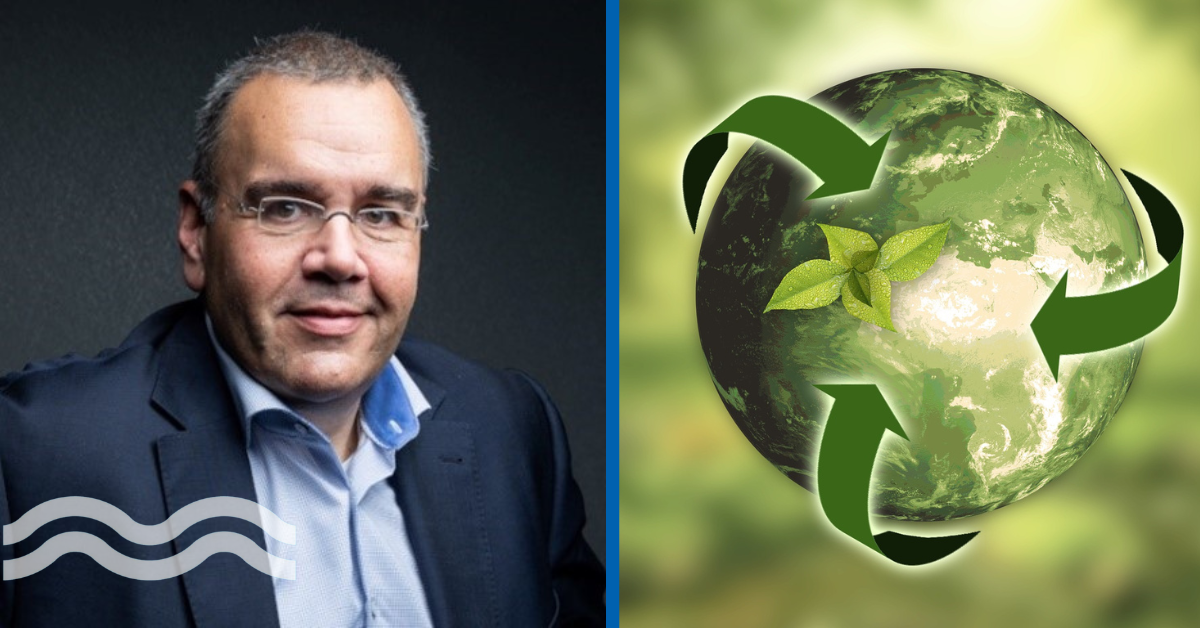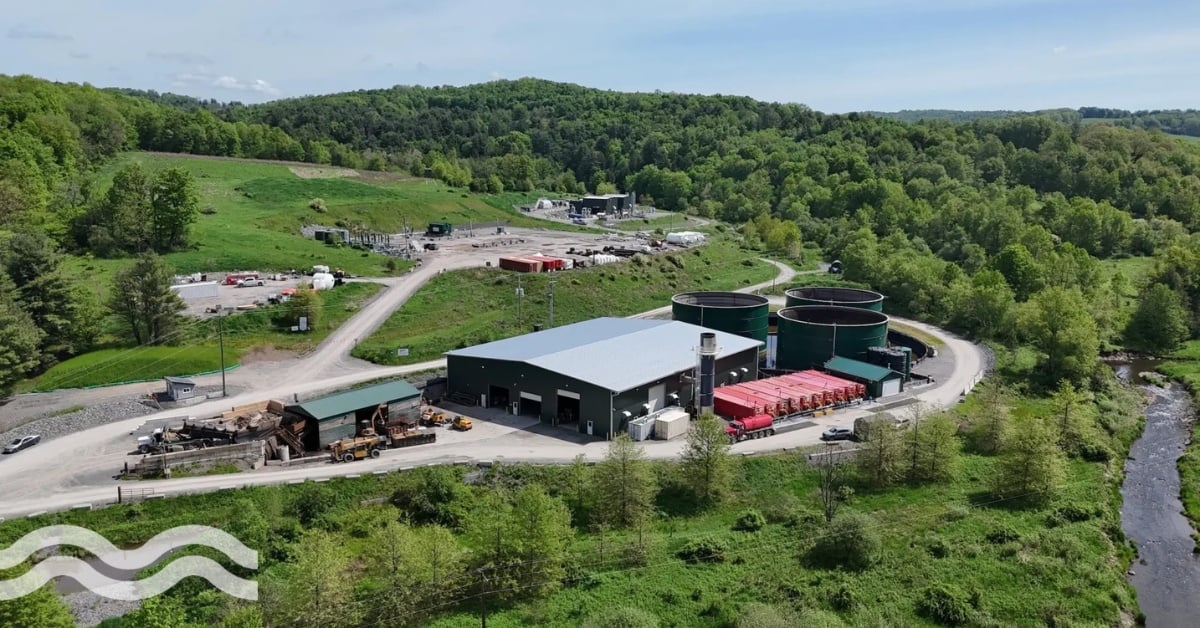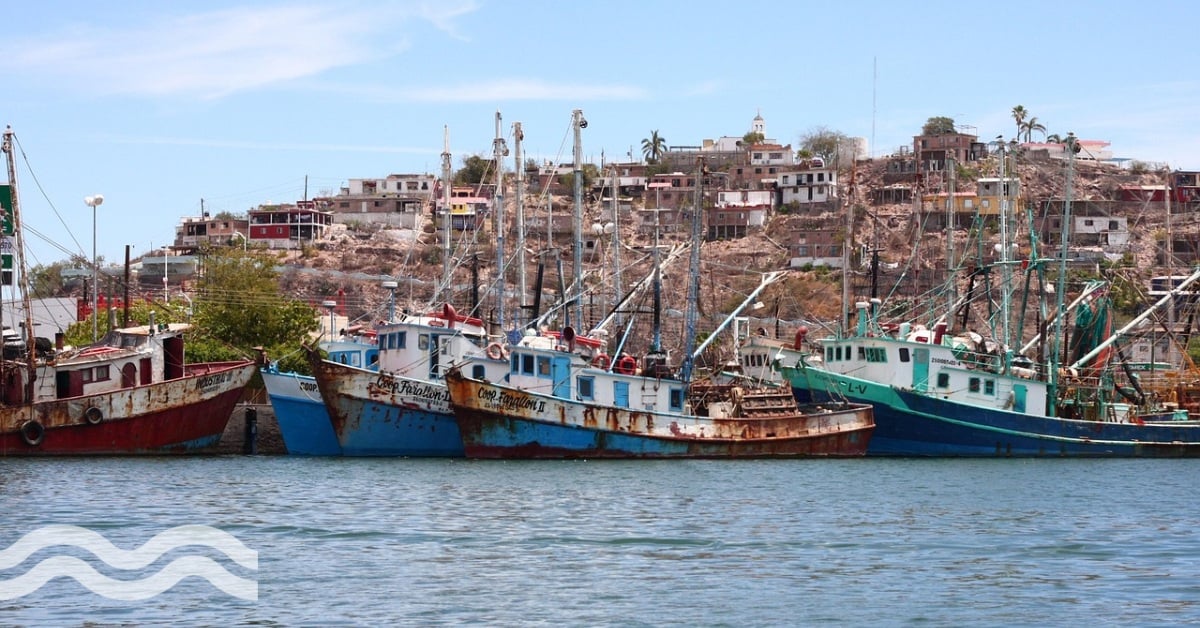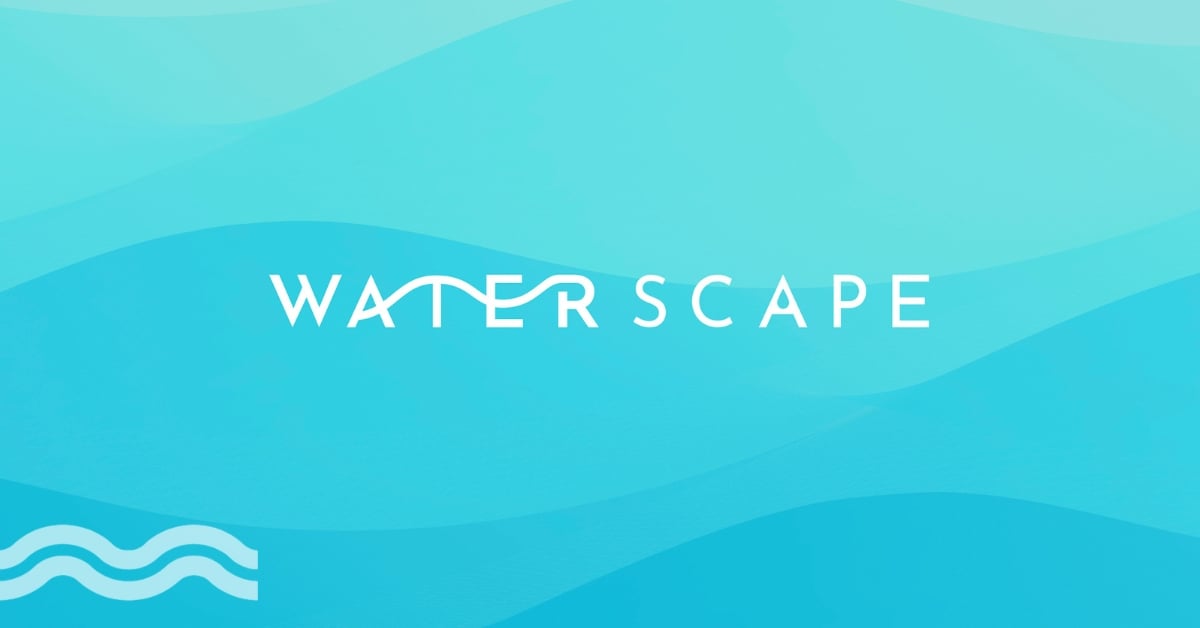Viewpoint: Menno Holterman on the 4R philosophy

In our two earlier blogs the focus was on closing the water loop and several practical examples. At Aquatech Amsterdam, this became a reality, and we showcased how applying the 4R philosophy benefits water, energy and sustainability challenges.
With our 4R philosophy - Reduction, Removal, Reuse and Recovery of water, energy, resources, chemicals, and sludge – we help municipal and industrial clients to restore and close the water loop. Using this, we are working together to build a more sustainable and resilient future.
The following are some examples we presented in more detail at Aquatech Amsterdam 2023.
Lifecycle cost reduction and water footprint reduction
Reduction involves a broad spectrum of carbon footprint, energy, chemicals, sludge, and life cycle cost reduction. The key to enabling this is to reduce freshwater use and make this process as efficient as possible.
For example, for a personal care manufacturer in the US, we’re developing a project with a point-to-point combined water management solution, which includes the provision of a high-purity water production system and a back-end wastewater treatment plant. In the Netherlands, UK and France we’re now building plants to help municipal and industrial clients to provide (drinking) water on demand.
Improving water quality through removing micropollutants
Removal relates directly to pollutants, such as micropollutants. With the critical combination of drought and micropollutants, water needs to be cleaner.
The Dutch water authority ‘Hoogheemraadschap De Stichtse Rijnlanden (HDSR)’ selected ozone technology to break down micropollutants at their sewage treatment. This plant is a great example of how our state-of-the art micropollutant removal solutions are being put in place.
Managing water scarcity, providing water-on-demand through water reuse
Reuse has a direct connection to water resources and the availability of water. The business case for reuse can only work if the true cost of water is considered: the cost to stop/restart production (including impact on brand loyalty).
In areas where water scarcity is a license to operate, clients have no other choice but to save and reuse water as much as possible. We have put game-changing water reuse solutions into operation at Cedrob S.A. and L’Oréal in Poland, which are recognised by the industry with important awards.
Lowering environmental impact and carbon footprint through resource recovery
Recovery solutions can be implemented for many resources including nitrogen, biofat, biogas, energy, water, caustic, and cellulose. For example, instead of continuing to use biological treatment to remove nitrogen and blowing this in the air, recovering it as a valuable liquid resource with ammonia stripping, using our ByoFlex® solution, opens a whole new market for green organic fertilizers, while reducing nitrogen deposition.
These green organic fertilizers can also replace the production of chemical fertilizers, which still use a lot of (fossil fuel) energy and produce a tremendous amount of CO2.
- Menno Holterman is the CEO of Nijhuis SAUR Industries.


